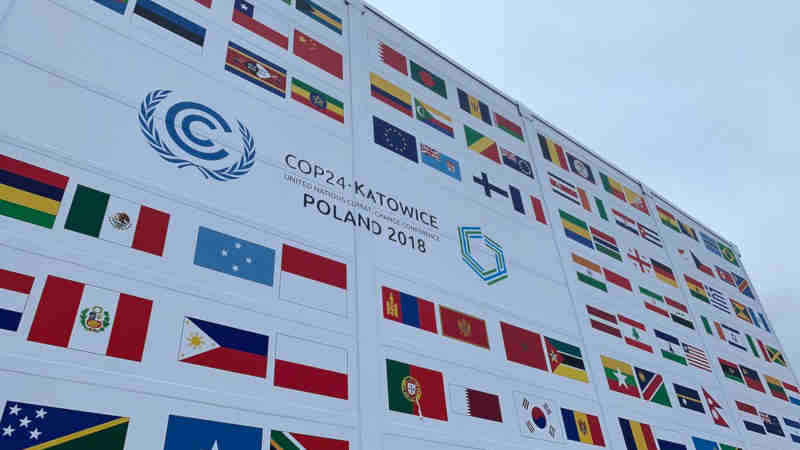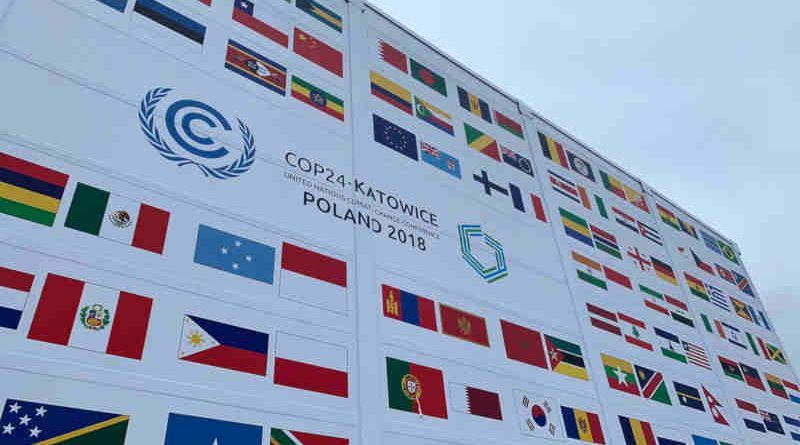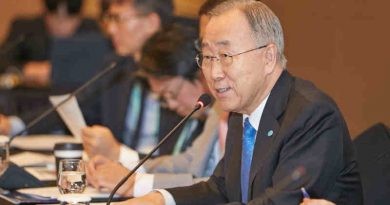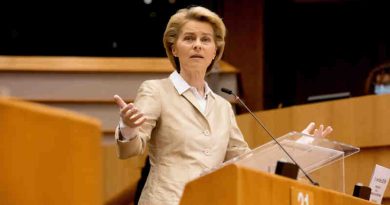Guidelines Issued for Implementing Paris Climate Change Agreement

Governments have adopted a new set of guidelines for implementing the 2015 Paris Climate Change Agreement. The implementation of the agreement will benefit people from all walks of life, especially the most vulnerable.
The agreed ‘Katowice Climate Package’ is designed to operationalize the climate change regime contained in the Paris Agreement. Under the auspices of the United Nations Climate Change Secretariat, it will promote international cooperation and encourage greater ambition.
The guidelines will promote trust among nations that all countries are playing their part in addressing the challenge of climate change.
[ Air Pollution May Cause Mass Exodus from Delhi ]
“The guidelines contained in the Katowice Climate Package provide the basis for implementing the agreement as of 2020,” said the President of COP24, Michal Kurtyka of Poland.
The Katowice package includes guidelines that will operationalize the transparency framework. It sets out how countries will provide information about their Nationally Determined Contributions (NDCs) that describe their domestic climate actions. This information includes mitigation and adaptation measures as well as details of financial support for climate action in developing countries.
[ Environment Protection: Join the Green Group of Delhi ]
The package also includes guidelines that relate to:
- The process for establishing new targets on finance from 2025 onward to follow-on from the current target of mobilizing USD 100 billion per year from 2020 to support developing countries
- How to conduct the Global Stocktake of the effectiveness of climate action in 2023
- How to assess progress on the development and transfer of technology
“This is an excellent achievement! The multilateral system has delivered a solid result. This is a roadmap for the international community to decisively address climate change,” said the UN’s Climate Chief, Ms. Patricia Espinosa.
[ Delhi Pollution Is More Dangerous for Children and Senior Citizens ]
The agreed guidelines mean that countries can now establish the national systems that are needed for implementing the Paris Agreement as of 2020. The same will be done at the international level.
The main issues still to be resolved concern the use of cooperative approaches, as well as the sustainable development mechanism, as contained in the Paris Agreement’s Article 6. These would allow countries to meet a part of their domestic mitigation goals through the use of so-called “market mechanisms”.
Market mechanisms provide flexible instruments for reducing the costs of cutting emissions, such as carbon markets. Here, the Paris Agreement recognizes the need for global rules to safeguard the integrity of all countries’ efforts.
These global rules are important to ensure that each tonne of emissions released into the atmosphere is accounted for. In this way, progress towards the emission limitation goals of the Paris Agreement can be accurately measured.
Countries have agreed to finalize the details for market mechanisms in 2019 in view of adopting them at the next UN Climate Change Conference (COP25).
Many developed countries pledged financial support to enable developing countries to act. This is especially important for the replenishment of the Green Climate Fund.
Countries have sent significant positive signals towards GCF’s first formal replenishment, with Germany and Norway announcing that they would double their contributions. The Adaptation Fund received a total of USD 129 million.
The engagement of multilateral development banks (MDBs), international organizations, businesses, investors and civil society at COP24 helped to build the political will towards the outcome in Katowice. Many made key announcements, that were critical to build momentum. These include:
- The World Bank’s pledge of $200 billion in climate action funding for the period 2021-2025;
- The MDBs announcement to align their activities with the goals of the Paris Agreement;
- The commitment by fifteen international organizations to make their operations climate neutral;
- The announcement by the C40 Cities coalition, which includes cities across the globe, to work with the IPCC to identify how the Global Warming of 1.5C report can apply to cities’ climate actions.
The next United Nations Climate Change Conference will take place in Chile and consultations will provide clarity on the city and exact date of the conference in due course.
With 197 Parties, the United Nations Framework Convention on Climate Change (UNFCCC) has near universal membership and is the parent treaty of the 2015 Paris Climate Change Agreement.





